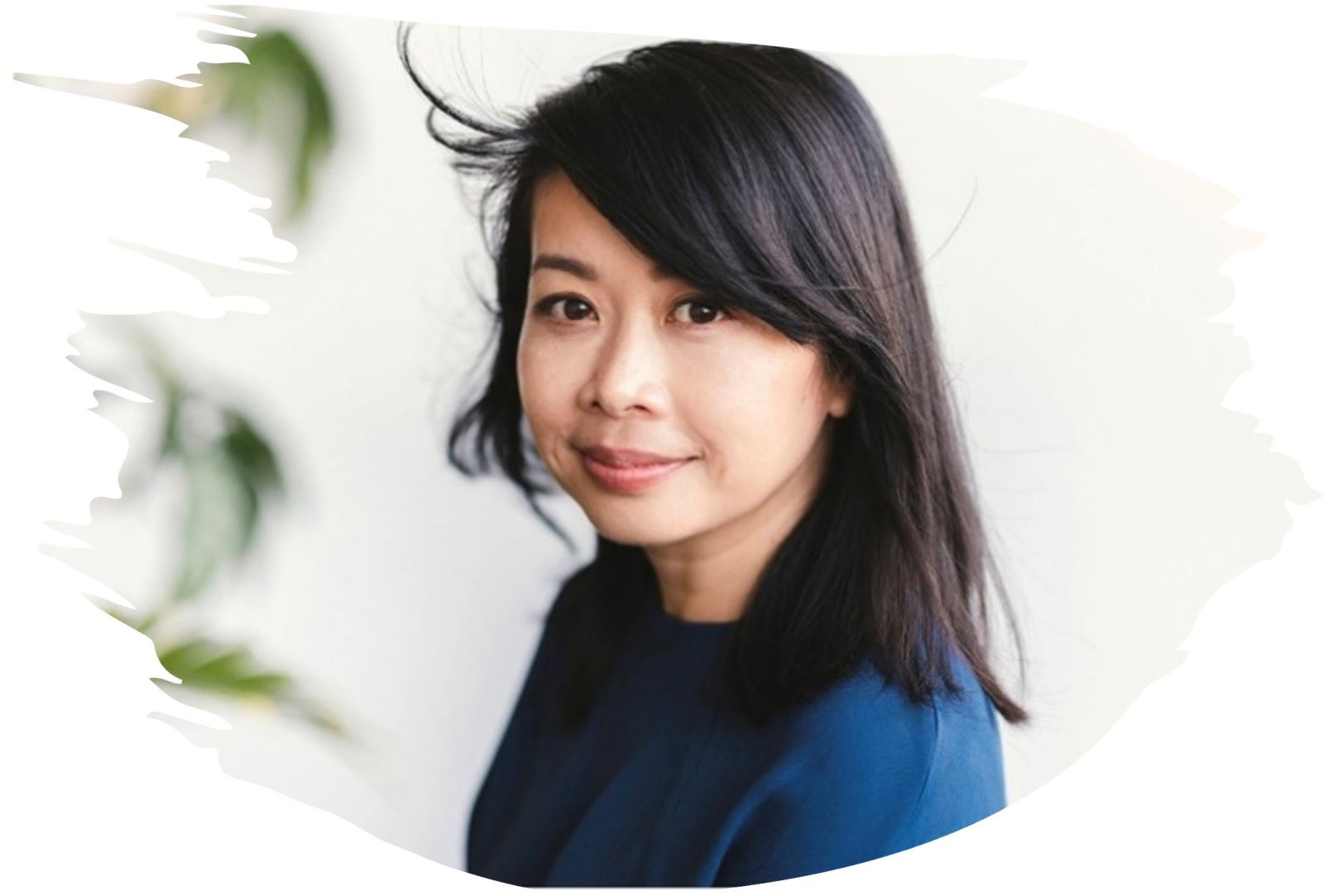|
Interview as told to Jackie Drew
How does a young woman who arrived in Canada barefoot in 1980 become a renowned poet, author, and a Giller Prize winner? This is the story of Souvankham Thammavongsa. Her friends at York Memorial called her Sue or Sou.
BACKSTORY
Souvankham’s parents came originally from Laos, a small country between Vietnam and Thailand. They built a raft out of bamboo to cross the Mekong River in order to reach the Nong Khai refugee camp in Thailand. This is where Sou was born. She wasn’t given a birth certificate because those born in a refugee camp, are considered stateless. Birth certificates are only given to someone who is a citizen and she belonged to no country.
A Canadian family, through a church program, sponsored Sou’s family. Sou has remained connected to these sponsors throughout her life. The Thammavongsa family arrived in Canada when it was snowing and her parents, who had never seen snow before, called it ice cubes. On their first day in Canada, the sponsor took off his fur hat to wrap around Sou’s bare feet and a longstanding friendship was born.
Sou’s family, like many, struggled to make a living. They worked long hours and among other things, started a sign making business. Now her father owns his own sign-making business, her mother works in a factory, bagging vegetables and her brother, also a popular former YMCI student, is a welder.
TIME AT YORK MEMORIAL
Because Sou’s parents worked a lot, and for a short time, the family lived in a van, Sou remembers York Memorial being a safe place for her. She would come to school very early and sit in the hallway even before the lights came on. She would sometimes sing and dance like a star in a Broadway play since no one else was around and she originally wanted to be an actor. Her fond recollections of teachers include Maxanne Ezer, who taught creative writing and Mr. Murchie who taught math. Other memories include her many crushes, Jamaican beef patties on a bun from the convenience store, shepherd’s pie from the school cafeteria, the sports and after school clubs.
She felt lucky to be a member of such a diverse student population not being the only refugee or immigrant in the school.
Her experience at Memo allows her to write about characters who can make fun of the English language, characters who did not want to belong and would make fun of you for wanting to fit in, characters who insist on their own language and characters who are not embarrassed or humiliated about who they are or where their families came from, because as Sou says: “That was York Memorial”.
BECOMING A WRITER
Sou’s original desire to become an actor led her to audition for Little Red Riding Hood when she was in grade two. She did not understand that she couldn’t change the script and had to follow what had been written. Apparently, she kicked the wolf every time she encountered him and therefore did not get the part. She decided then and there that she wanted to be the person who could change the story i.e., the writer!
Sou had grown up in a home without books and every time she saw a bookshelf, she would beg her parents to take a picture of her in front of it, just as we do “when we go on vacation and think we won’t ever see things like that again.”
Becoming a writer is precarious. It is not a carved-out path like becoming a doctor or a lawyer where you go to school, get good grades, go to university and then proceed to medical or law school followed by an internship. Sou held many jobs while writing books: in the research department of an investment advice publisher, counting bags of cash five levels below a big bank, and she prepared taxes. While holding these jobs, Sou was also a published writer, publishing four acclaimed poetry books. But poetry is not very well-known to readers, and she caught her big break, when she started writing fiction.
As Sou says: “having talent and working hard” does not necessarily mean that you will become a successful writer. It’s a difficult and competitive field that requires luck in addition to talent!

|